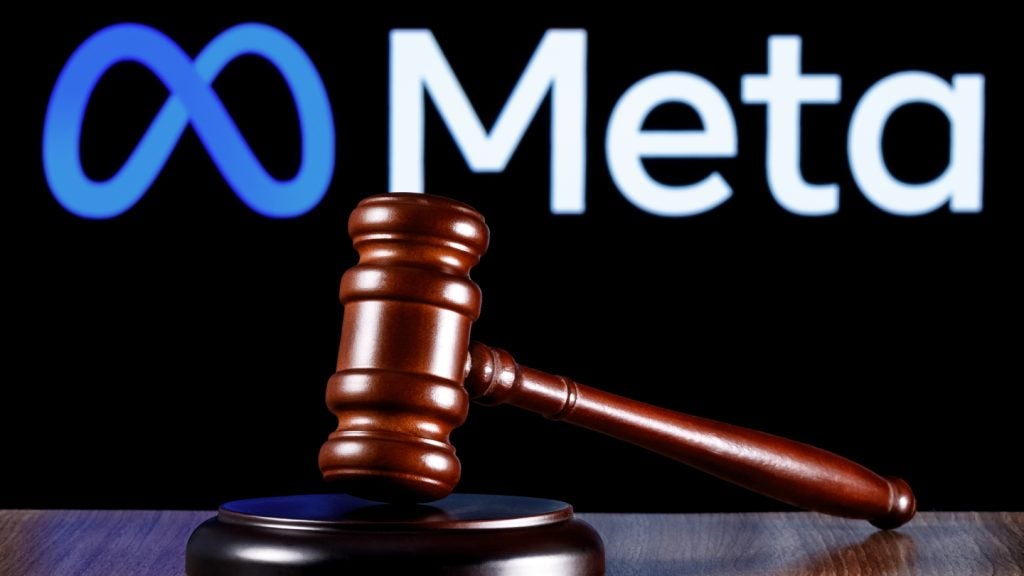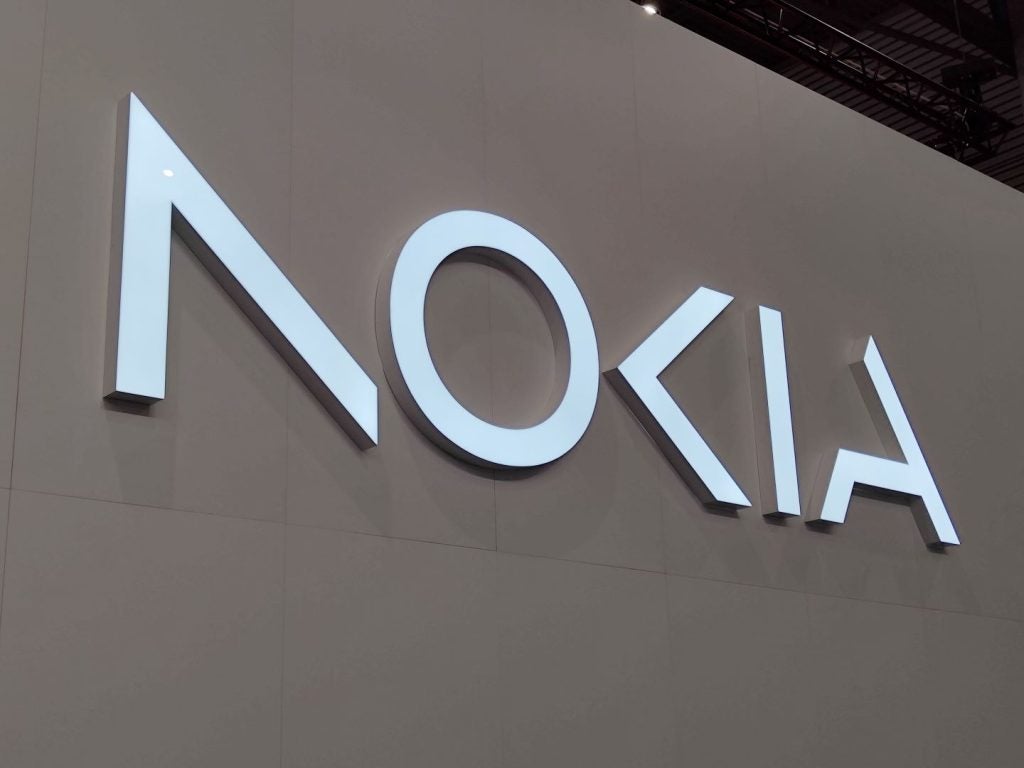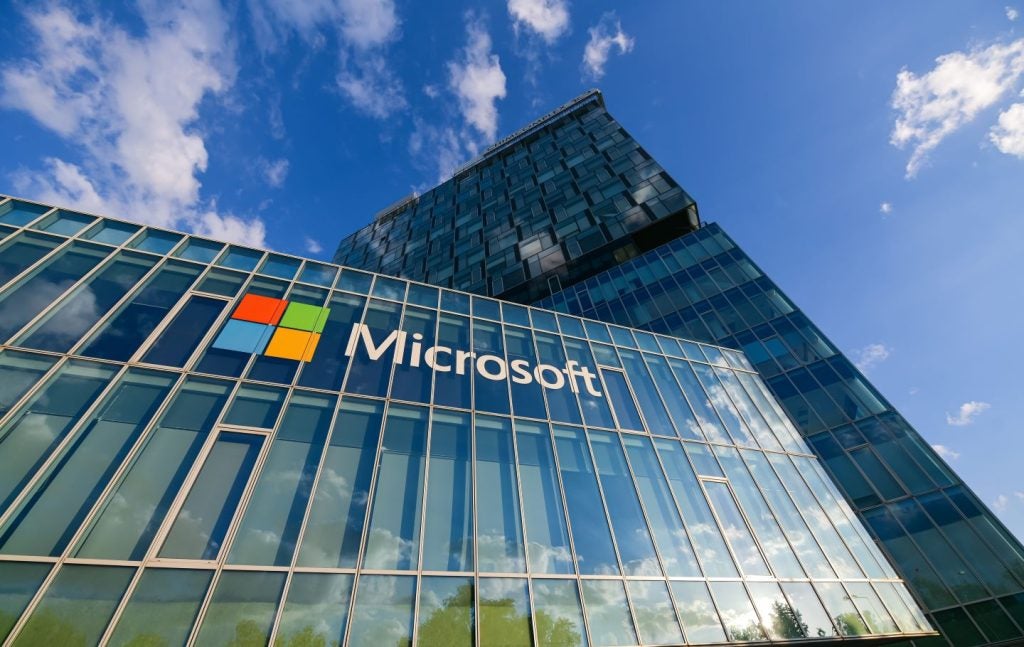

The ‘bromance’ between Boris Johnson and Donald Trump is no secret, nor is President-elect Joe Biden’s pronounced aversion to the Brexit that Johnson campaigned for and then led the UK into. In 2020, relations between the Johnson and Biden camps soured even further.
“We can’t allow the Good Friday Agreement [GFA] [to] become a casualty of Brexit,” tweeted Biden last summer, adding that any trade deal between the US and UK would be contingent upon respect for the GFA. Biden has Irish ancestry and very close relations with the country.
“We don’t need lectures on the Northern Ireland peace deal from Mr Biden,” responded former Conservative leader Iain Duncan Smith in the Times. He should “worry more” about “killing and rioting” in the US than Brexit, he added.
Exchanges such as these do not bode well for the short-term future of the ‘special relationship’ between the UK and its largest trade and investment partner. “[Biden’s team] do not think Boris Johnson is an ally,” a Democratic source told the Sunday Times in late 2020. “They think the UK is an ally. But there will be no special relationship with Boris Johnson.”
UK post-Brexit trade deal not a Biden priority
Striking new trade deals was a key promise of the Brexit campaign in 2016, a hallmark of ‘global Britain’. Among the most high profile of these deals is the UK-US Free Trade Agreement, which reached its fifth round of negotiations in late 2020.
The election has brought the [past year’s] trade deal negotiations to an end. The question now is whether or not the Biden government will want to pick it up. We just don’t know. Duncan Edwards, BritishAmerican Business
How well do you really know your competitors?
Access the most comprehensive Company Profiles on the market, powered by GlobalData. Save hours of research. Gain competitive edge.
 Company Profile – free sample
Company Profile – free sampleThank you!
Your download email will arrive shortly
Not ready to buy yet? Download a free sample
We are confident about the unique quality of our Company Profiles. However, we want you to make the most beneficial decision for your business, so we offer a free sample that you can download by submitting the below form
By GlobalData
Like almost all trade deals, the agreement seeks to reduce tax, remove paperwork and set new standards, particularly for the chemical, pharmaceutical, ICT equipment and food and beverage sectors, where tariffs are fairly high. The benefits of a deal for trade and foreign direct investment (FDI) are notable, but not huge, as laid out in a report by EY.
“A comprehensive agreement with the US will support the long-term recovery for businesses impacted by Covid-19 and benefit future generations in both countries,” UK Minister for Investment Lord Gerry Grimstone told Investment Monitor.
With the Trump and Johnson camps keen to close a deal, but short on time, there was talk of a mini trade deal being rushed through in the weeks before Biden’s inauguration. However, in the wake of the Capitol Hill riot, this seems even more fanciful than before.
“The election has brought the [past year’s] trade deal negotiations to an end,” says Duncan Edwards, chief executive of BritishAmerican Business, one of the leading transatlantic trade organisations, representing some 450 companies. “The question now is whether or not the Biden government will want to pick it up. We just don’t know.”
[Keep up with Investment Monitor: Subscribe to our weekly newsletter]
On this matter, commentators disagree. Some, such as Edwards, argue that despite the current rift, Johnson and Biden actually have much more in common than Johnson and Trump in terms of their deeper political instincts, and claim that the two countries’ shared security agenda and gargantuan economic ties will paper over any hostility.
Gargantuan is the operative word. The US is the UK’s largest export market and single-largest investor, while exports and investment from the UK are also key to the US, according to EY’s report. In fact, the sum of US FDI into the UK now stands close to $1trn. Over the past decade, US investment into the UK has grown exceptionally fast, despite an obvious bump in the road caused by Brexit, as the chart below shows.
Although economic relations are close, other commentators think that a trade agreement is a long way away. “Johnson is desperate for a US-UK trade deal, as it would be a [big win for Brexit Britain],” says Peter Holmes from the UK Trade Policy Observatory. “But trade, in general, is going to be a much lower priority for Biden compared with Trump – and helping Johnson is going to be very, very low priority.”
When it comes to trade deals, Biden is far more likely to devote his energies to the revival of Obama’s Trans-Pacific Partnership agreement (which Trump ripped to shreds) as part of his efforts to curb China.
The punishment before the deal
A UK-US trade agreement is not an impossibility under Biden, but it may take a few years to come to fruition.
“The UK will have a deal with the US, but not before it is punished,” predicts Dr Sultan Salem from the department of economics at the University of Birmingham in the UK. “Biden will delay trade deal negotiations and then pressure Johnson into certain concessions before an agreement, such as increased EU integration, possibly on aspects of freedom of movement.
“Unconstrained and unprotected by the EU, the US now has the upper hand in negotiating more laws that will favour US companies in the UK.”
Biden may pick up some of Trump’s demands for the UK, such as increased market access for US agricultural goods (especially dairy and meat), pharmaceuticals and involvement in the UK’s National Health Service (NHS).
“Johnson was indeed willing to completely shift the agriculture industry,” says Holmes. “He could offer that to Biden, but Biden is much less dependent on the farm sector [vote] than Trump was.”
A regulatory shift could also come with regard to the genetic modification (GM) of foods, something the EU was strictly against. “There are many US companies that would like to invest millions in the UK for research and development of GM,” says Salem. “On this, there is a high degree of uncertainty for investors, as well as for agricultural goods and the NHS.”
Uncertainty also remains rife for the professional services sector. While the Brexit deal has come as a relief to US companies that trade goods from the UK to the EU (especially manufacturers), the agreement says nothing about services. A decision is expected in the first half of 2021.
Trade is going to be a much lower priority for Biden compared with Trump – and helping Johnson is going to be very, very low priority. Peter Holmes, UK Trade Policy Observatory
The UK and the EU still need to work through questions of equivalency and data adequacy. “The large US financial institutions will want the EU to grant equivalence to the UK, since London remains the financial hub of Europe,” says Edwards. “They want to get the most seamless trading conditions possible, so there will be quite a lot of pressure on the EU.”
Divided over Ireland, united over China?
Although the Brexit deal has seemingly removed tensions surrounding the GFA, Ireland remains a fault line for Biden.
“I don’t think the UK is of any great interest to Biden,” says Holmes. “Ireland obviously is. So the leverage may come through there. Any divergence between the UK and the EU will have incredibly difficult consequences for the Irish border. [Brexiteers] are just realising now how screwed up their treatment of rules of origin and supply chains has been.”
To avoid a hard border between Northern Ireland and Ireland, customs rules have become more complex between Northern Ireland and the rest of the UK due to Brexit.
Biden, much like the EU, will also be applying pressure to present a unified front against China.
“Unfortunately, the UK has rather burnt its bridges with the EU, the US and China – so it is in much less of a position to act as an intermediary for Americans, compared with eight years ago,” contends Holmes.
On the other hand, the recent China-EU investment deal presents the UK with an opportunity. Biden explicitly opposed the deal, which he views as too favourable to the Chinese, and asked the EU to hold off its ratification until his presidency. On this, he was snubbed.
“I think Biden will try to use the UK to help corral a united view about how to deal with the problems in China,” says Edwards. “The US is not going to change its hard approach to China, and it is going to be looking for its European partners to join it in that. I think we will see a US-UK [rapprochement] on this issue.”
A mutual green energy opportunity
A world without a UK-US trade deal is by no means calamitous. “An agreement would just improve what is already working well,” says Edwards. “The trade and investment relationship between the US and UK is enormous and will keep going fine.”
In fact, if the chart at the top of this article is anything to go by, foreign investment between the two countries will continue to grow strongly, not least since the Biden administration is set to boost the green energy cluster.
“The UK has an excellent position in green energy, in terms of technology and academic research. So there’s a big opportunity,” says Edwards. Biden’s Build Back Better infrastructure plan is set to unlock huge sums of domestic and foreign capital into US green energy projects and companies.
“Lots of capital will be injected into green sectors in the UK,” says Salem. “Electric cars, energy-saving homes, you name it. Trump pulled many billions out of that. The UK lost a lot of money.”
Biden’s presidency coincides nicely with Prince Charles’s recent Earth Charter, which is organising companies in directing $10bn to practical green causes by 2022. BlackRock, AstraZeneca, EY, Unilever, Heathrow Airport, HSBC, Fidelity International, Bank of America and BP are some of the UK and US companies supporting the initiative.
Green energy shares have risen sharply since Biden’s electoral win. This boom and wave of optimism is not only a boon for US to UK investment, and vice versa, but for global investors and the planet at large. Whether this green-tinged synergy will extend into other business and investment areas between the UK and the US in the early years of Biden’s presidency remains to be seen.
This article is one of a series covering the inauguration of Joe Biden across the Monitor Network, including City Monitor, Energy Monitor and Tech Monitor. For further coverage from the Investment Monitor writers on the challenges Biden faces in office, see also:
- Joe Biden and the future of US manufacturing
- Biden won’t solve the US’s FDI woes
- Can Biden’s infrastructure plan meet high expectations?
- Joe Biden’s Made in America rhetoric is about to meet the ongoing reality of globalisation (New Statesman)






